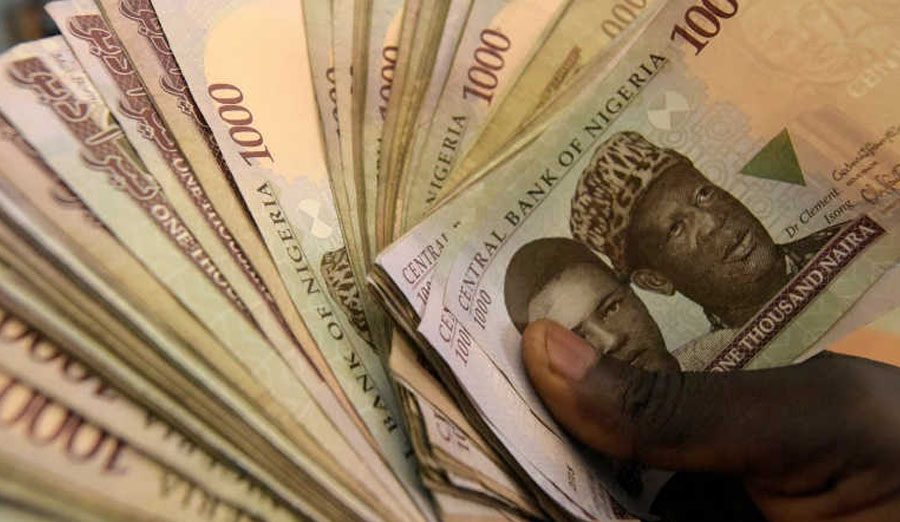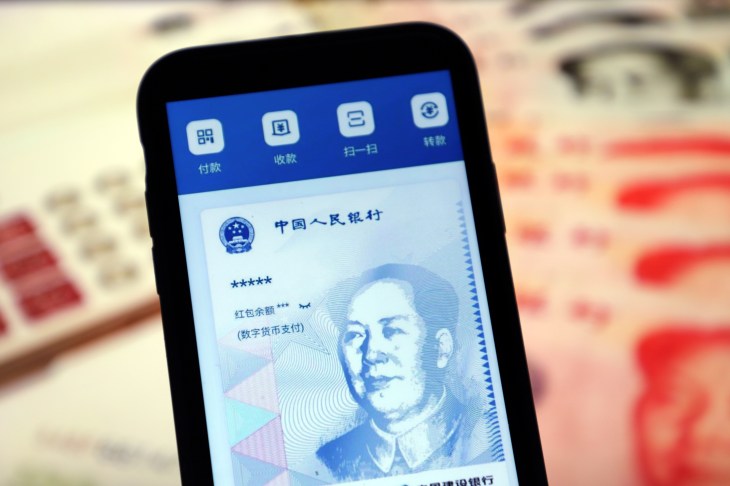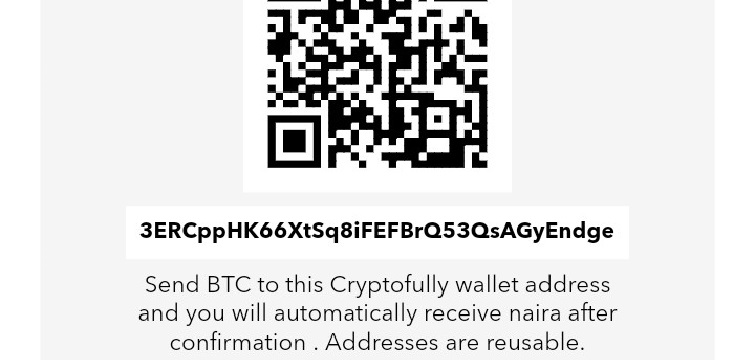The Central Bank of Nigeria (CBN) is set to launch its Naira digital currency before the end of 2021. This is according to Rakiya Mohammed, an Information Technology Specialist at the CBN.
She disclosed this on Thursday at the bankers’ committee meeting held via Zoom.
When launched, the digital currency will be accessible to everybody just the way the local currency is accessible to everyone today.
Rakiya Mohammed
This follows a recent confirmation by the CBN Governor, Godwin Emefiele that the central bank will introduce digital currency in Nigeria. So what are the things you should know about Nigeria’s digital currency?
1. Africa’s first digital currency
With plans to roll out a digital naira later this year, Nigeria could become the first African country to launch a Central Bank Digital Currency (CBDC).


If the CBN’s disclosure is anything to go by, the apex bank would have deployed the continent’s premier digital fiat currency before the end of 2021.
Meanwhile, it appears to be a race between Nigeria and South Africa. The South African Reserve Bank is already exploring the feasibility of launching a digital Rand (ZAR) which can be used for general retail purposes by consumers in the country.
Ghana, Morocco and Kenya are among other African countries looking to introduce digital fiat currency at the earliest possible time.
2. Only 2 countries in the world have launched CBDCs
The issuance of CBDCs globally remains at a budding stage. Hence, only two countries – the Bahamas and China, have officially launched digital fiat currency.


Most CBDCs are in the pilot or proof-of-concept stage and are yet to be deployed mainstream. However, studies suggest that central banks in up to 46 countries are researching CBDCs’ viability.
The Bahamas is the first country in the world to issue CBDCs, after launching its sand dollar in 2020. The People’s Bank of China then began issuing its digital yuan in April 2021.
Other countries including Sweden, Norway, Japan, Indonesia and South Korea have announced digital currency trials.
3. CBDCs are blockchain-based but centralised
The digital fiat currency is usually deployed on a centralised blockchain network supervised by bank regulators.


CBDCs are not created to be decentralised like cryptocurrency. This means that the CBN will be able to monitor all transactions carried out by individuals or organisations using the digital Naira.
As a type of distributed ledger technology, blockchains are originally designed to be decentralised. But a typical centralised blockchain system is the private blockchain since it is governed by the bank regulator in this case.
Basically, every bank connected to the blockchain system can collate transaction data that can be aggregated and relayed to the CBN.
The digital Naira will be pegged to the fiat Naira at 1:1. From what has been done in China, it will most likely be issued by the CBN to banks, which will then make it available to customers.
4. Mobile wallets would replace bank accounts
Unlike with traditional bank accounts, opening a digital Naira account may require just a user’s phone number and an identity document, similar to the way mobile money wallets work.


However, mobile money wallets run on an application programming interface (API), not on the blockchain.
Many Nigerians still use feature phones, with smartphone penetration still at 32%. Interestingly, there are already a few USSD-enabled crypto solutions that the CBN could replicate to cater to non-smartphone users. Such a move might help boost Nigeria’s financial inclusion rate, which is just over 50%.
5. It could be aimed at phasing out cryptos
Going by the precedent set by the CBN, the launch of the digital naira may be aimed at phasing out cryptos entirely. Like China, the regulator may enforce a complete ban on crypto trading in the country.


A cursory look at the sequence of events that have led to the possible launch of a digital naira by the CBN suggests that the earlier clampdown on crypto was pre-planned. Cryptos are actually in direct competition with digital fiat, especially because they offer returns on investment when prices go up.
Moreover, people would rather hold a dollar-pegged stablecoin than a digital Naira, in order to hedge against inflation. So, the CBN may indeed be looking to get rid of cryptos.
On the whole, the transition to digital naira currency transactions in Nigeria will by no means be an easy one. This is because cash dominance, cybersecurity risks and low internet penetration present significant challenges.






